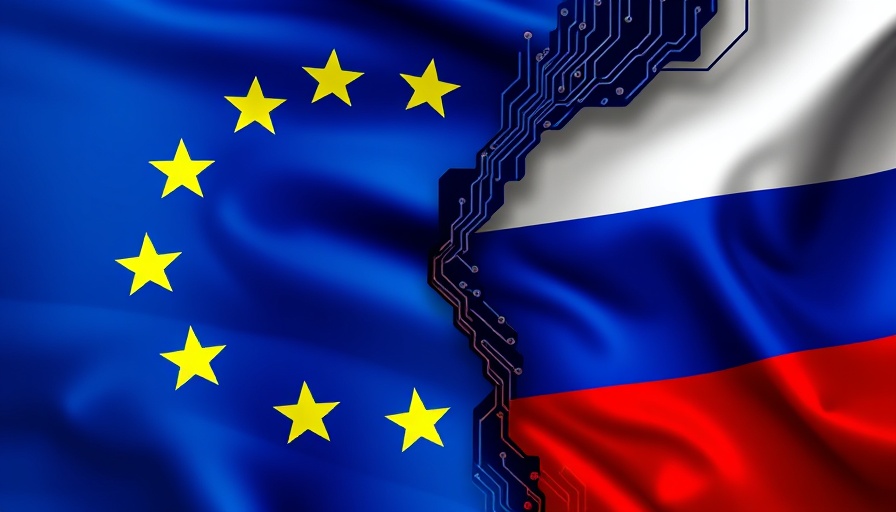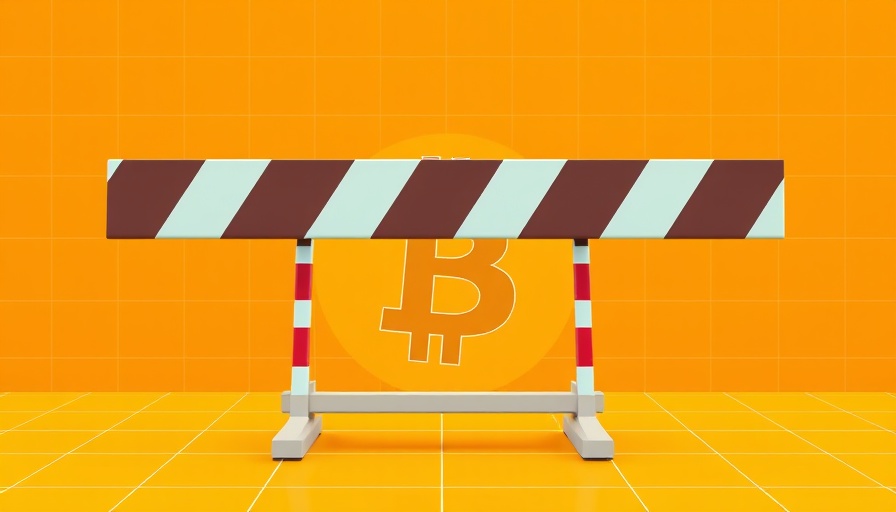
Understanding the New Sanctions on Crypto Platforms
In a significant move, the European Union has imposed sanctions on Russia that now encompass cryptocurrency platforms for the first time ever. This landmark decision reflects the growing scrutiny of digital financial systems in global politics and elevates the role of cryptocurrencies in international relations.
In 'EU sanctions to Russia include crypto platforms for the first time,' the discussion dives into the implications of these sanctions, exploring key insights that sparked deeper analysis on our end.
The Implications for Crypto Trading
This shift could reshape the landscape for cryptocurrency traders and investors. As previously unregulated territories come under scrutiny, crypto platforms will have to navigate complex compliance frameworks. Traders aiming to invest in cryptocurrencies must now be wary of which platforms operate cleanly without risking sanctions.
Wider Impact and Future Trends in Cryptocurrency
This decision not only disrupts existing trading practices but also sets the stage for future regulations around cryptocurrencies. Experts predict that as more governments acknowledge the influence of cryptocurrencies, similar sanctions may unfold in other regions. Understanding these changes will be crucial for anyone involved in the crypto trading world.
Adapting to Regulatory Changes
For those invested in cryptocurrencies, staying informed about evolving regulations is more crucial than ever. Monitoring changes like these can not only affect investment strategies but also enhance risk management practices. As sanctions become a part of the cryptocurrency narrative, adapting swiftly will be essential to navigate this new frontier.
As the EU navigates its geopolitical stance while incorporating digital currencies into the fabric of international trade, investors must consider how these elements intertwine. Remaining vigilant and educated will empower traders to make more informed decisions in the evolving marketplace.
 Add Row
Add Row  Add
Add 




Write A Comment